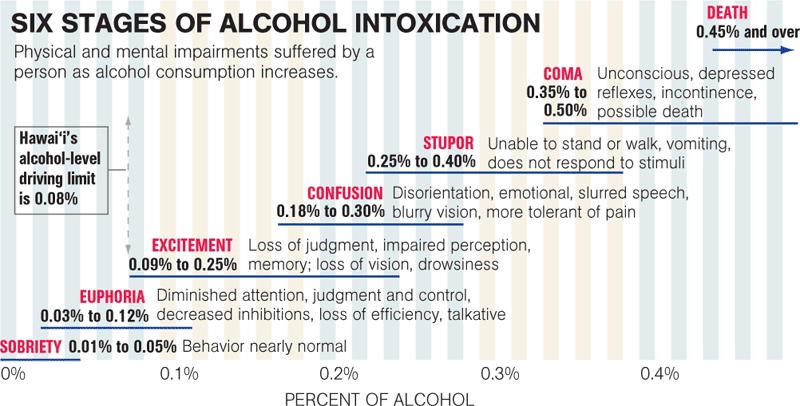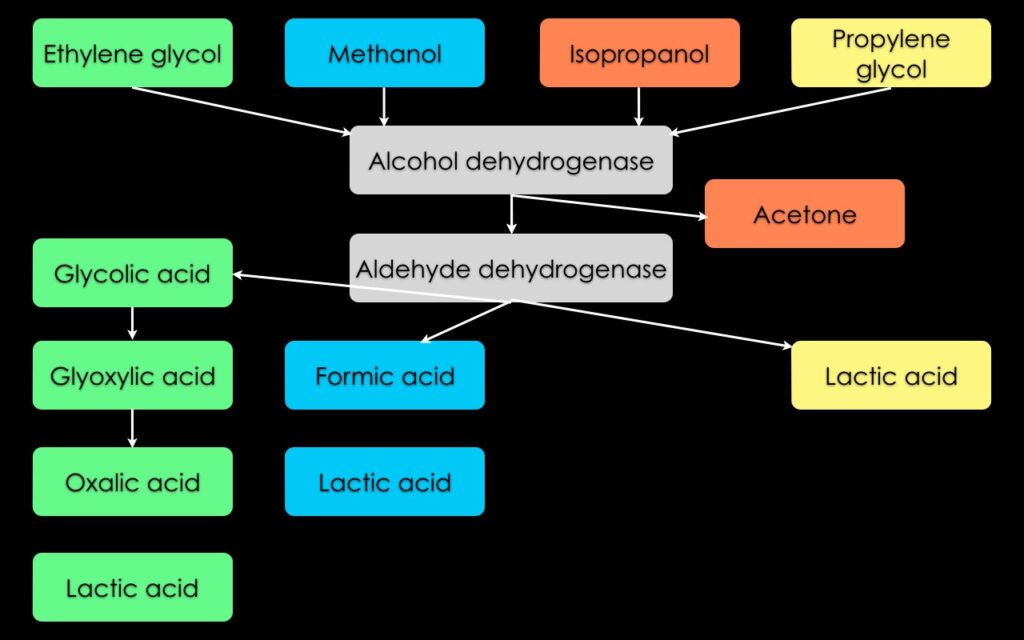Alcohol poisoning, often referred to as AP, is a serious and potentially life-threatening condition that occurs when an individual consumes a dangerous amount of alcohol in a short period. This condition affects the central nervous system and can lead to severe complications if not treated promptly. Understanding the causes, recognizing the symptoms, being aware of the effects, and knowing the appropriate treatment options are crucial for preventing tragic outcomes. In this article, we will explore these aspects in detail to provide a comprehensive understanding of alcohol poisoning.

What Causes Alcohol Poisoning?
Alcohol poisoning occurs when the body is unable to process the excessive amount of alcohol consumed. The liver plays a key role in metabolizing alcohol, but it can only handle a limited amount at a time. When someone drinks too much alcohol too quickly, the excess alcohol enters the bloodstream and begins to affect vital organs, including the brain. Below are some common causes of alcohol poisoning:
- Binge Drinking: Consuming a large quantity of alcohol in a short period is one of the leading causes of alcohol poisoning. This behavior is particularly common among young adults and college students during parties or social gatherings.
- Underage Drinking: Adolescents and teenagers who consume alcohol are at a higher risk of alcohol poisoning because their bodies are not fully developed to handle alcohol efficiently.
- Mixing Alcohol with Other Substances: Combining alcohol with medications or recreational drugs can amplify its effects and increase the likelihood of poisoning.
- Tolerance Levels: Individuals with low tolerance to alcohol, such as those who rarely drink, are more susceptible to alcohol poisoning even after consuming relatively small amounts.
Symptoms of Alcohol Poisoning
Recognizing the symptoms of alcohol poisoning is essential for seeking timely medical intervention. These symptoms can vary depending on the amount of alcohol consumed and the individual’s tolerance level. Some of the most common signs include:
- Confusion and Disorientation: Individuals may appear confused, struggle to think clearly, or exhibit unusual behavior.
- Vomiting: Excessive alcohol consumption irritates the stomach lining, leading to nausea and vomiting.
- Slow Breathing: A person experiencing alcohol poisoning may have irregular or slow breathing, with fewer than eight breaths per minute.
- Cold and Clammy Skin: The skin may feel cold to the touch and appear pale or bluish due to reduced blood flow.
- Seizures: In severe cases, alcohol poisoning can cause seizures or convulsions.
- Unconsciousness: Passing out or being unable to wake up is a critical sign that requires immediate medical attention.
When to Seek Medical Help
If you suspect someone is experiencing alcohol poisoning, it is important to act quickly. Do not wait for all symptoms to appear before seeking help. Call emergency services immediately if the person exhibits any of the following:
- Difficulty staying awake or unconsciousness
- Irregular or slow breathing
- Seizures or convulsions
- Cold, clammy, or bluish skin
Effects of Alcohol Poisoning
The effects of alcohol poisoning can be both immediate and long-term, impacting various systems in the body. While some individuals may recover fully with prompt treatment, others may suffer from lasting consequences. Below are the primary effects of alcohol poisoning:
Immediate Effects
- Depressed Central Nervous System: Alcohol acts as a depressant, slowing down brain activity and impairing functions such as breathing, heart rate, and gag reflex.
- Choking Hazard: Vomiting while unconscious can lead to choking, which may result in suffocation or aspiration pneumonia.
- Low Body Temperature: Hypothermia can occur as alcohol causes blood vessels to expand, leading to a drop in core body temperature.
Long-Term Effects
- Brain Damage: Prolonged oxygen deprivation due to slowed breathing or choking can cause permanent brain damage.
- Organ Failure: Excessive alcohol consumption can overwhelm the liver and kidneys, potentially leading to organ failure.
- Psychological Impact: Survivors of alcohol poisoning may experience anxiety, depression, or post-traumatic stress related to the incident.
Treatment Options for Alcohol Poisoning
Alcohol poisoning is a medical emergency that requires immediate attention. If you encounter someone with suspected alcohol poisoning, it is crucial to follow these steps while waiting for professional help:
First Aid Measures
- Stay with the Person: Never leave someone alone if they are unconscious or showing signs of alcohol poisoning. Monitor their breathing and responsiveness.
- Keep Them Upright: If the person is conscious, try to keep them sitting upright to prevent choking. If they must lie down, turn their head to the side to avoid aspiration.
- Avoid Giving Food or Drinks: Attempting to give coffee, water, or food can worsen the situation by causing choking or further irritation.
- Do Not Induce Vomiting: Forcing someone to vomit can lead to additional complications, especially if they are unconscious.
Medical Interventions
Once emergency responders arrive, they will assess the individual’s condition and provide appropriate treatment. Common medical interventions for alcohol poisoning include:
- Monitoring Vital Signs: Healthcare providers will closely monitor the person’s breathing, heart rate, and blood pressure to ensure stability.
- Administering Intravenous Fluids: Dehydration caused by vomiting or excessive urination can be addressed with intravenous fluids containing electrolytes.
- Oxygen Therapy: If breathing is impaired, oxygen therapy may be administered to ensure adequate oxygen levels in the blood.
- Stomach Pumping: In severe cases, healthcare professionals may use a tube to pump the stomach and remove any remaining alcohol.
- Medications: Certain medications may be given to stabilize vital functions or counteract the effects of alcohol.
Follow-Up Care
After receiving treatment for alcohol poisoning, individuals may require follow-up care to address underlying issues related to alcohol use. This may include counseling, rehabilitation programs, or support groups to prevent future incidents. It is important for friends and family members to encourage healthy habits and provide emotional support during recovery.
Preventing Alcohol Poisoning
While treatment is critical for addressing alcohol poisoning, prevention is equally important. By adopting responsible drinking habits and educating others about the risks, many cases of alcohol poisoning can be avoided. Here are some preventive measures:
- Drink in Moderation: Limit alcohol intake and pace yourself to allow your body time to metabolize the alcohol.
- Avoid Binge Drinking: Refrain from consuming large quantities of alcohol in a short period.
- Eat Before Drinking: Having food in your stomach can slow the absorption of alcohol into the bloodstream.
- Stay Hydrated: Drink water between alcoholic beverages to stay hydrated and reduce the risk of dehydration.
- Know Your Limits: Understand how much alcohol your body can handle and avoid exceeding that limit.
Educating Others
Raising awareness about the dangers of alcohol poisoning is an effective way to prevent it. Schools, colleges, and community organizations can play a vital role by providing education and resources to promote responsible drinking behaviors. Encouraging open conversations about alcohol use and its potential consequences can empower individuals to make safer choices.





